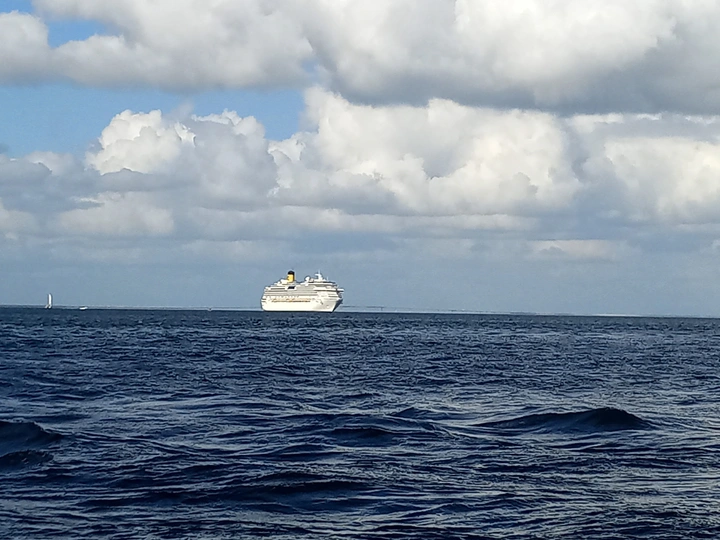RI-VER: another look at the city

Kitti Baracsi is an educator, researcher, curator and facilitator of collective learning-based community and cultural initiatives. She holds degrees in Communication Science, Aesthetics and Pedagogy. In 2020 she was accepted to the Atlantic Fellow for Social and Economic Equity, a fellowship programme for change-makers at LSE III. She works on urban inequalities, feminist collective practices and knowledge production. Since 2006, she has been working with marginalised communities on education, housing, gender and migration in Hungary, Italy, Portugal and Spain. Co-founder of the counter-cartography collective ‘Angry mapmakers’, collaborator of the Orangotango Collective for popular education and creative protest. Co-founder of several collectives and community initiatives. Her work has been increasingly centred on collective research and interventions with the protagonism of children and intergenerational learning, through projects that address urban transformations through multimodal research, art and cultural interventions at multiple locations in Europe (periferias dibujadas).
RI-VER as river, but also as re-ver, revise, see again, see from a different angle, take another look.
The central idea of the project is that by changing our point of view, we can move stagnant conversations and understand the most conflictive transformations in our city and how to create its collective future: simply by changing our point of view: looking at it as we were the river it habits. What does the river see, what does the river hear, how does the river feel? What futures of our cities can the river propose? How can we live together with the river? How can we be the river? This conceptual frame is both a base for a multimodal ethnographic research and curatorial concept that can mobilise community knowledge production and radical imagination through art.
Beyond present: look at the transformations of the city: think in the time of the river. Beyond the city: look at the transformations and their impact beyond the city frontier, flow with the river.
Beyond human: look at the transformations of the city beyond human desire, feel with the river.
The proposal comes from a long trajectory of interventions (see links):
Rigorous ethnographic research based on local experiences that leads to interventions through dedicated, attentious, collective and multimodal learning processes.
Epistemic justice: people are experts of their context, fully capable of creating knowledge on the urban transformations that they live, all ages, all backgrounds.
Continuity: centering the importance of inter- and transgenerational learning.
Experimenting with different forms of knowledge on the city and recognise as legitimate.
Latest projects: Sounds of Tagus: experimental urban research workshops to
investigate the city 'through' the river, Lisbon
REPLAY THE ARCHIVE a project on the collective memory of housing movements in Kreuzberg, Berlin
Sounds of metamorphosis (Anjos, Lisbon)
Dive in the neighbourhood with children (Anjos, Lisbon)